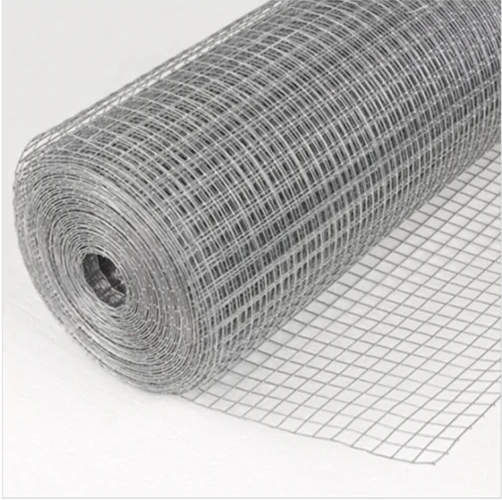Choosing the Right Wire Mesh Screen Material for Your Project Needs
Understanding Wire Mesh Screen Materials
Wire mesh screens are essential components in various industrial applications, providing critical functions such as filtration, separation, support, and security. The performance and longevity of these screens largely depend on the material from which they are made. In this article, we will explore the various materials used for wire mesh screens, their properties, and their applications.
Common Wire Mesh Screen Materials
1. Stainless Steel Stainless steel is one of the most popular materials for wire mesh screens due to its excellent strength, durability, and resistance to corrosion. It is widely used in environments where exposure to moisture or chemicals is common. Stainless steel wire mesh is available in various grades, such as 304 and 316, each offering different levels of corrosion resistance. The 316 grade, for example, contains molybdenum, which improves its performance in saline and acidic environments, making it a preferred choice for marine applications and chemical processing industries.
2. Carbon Steel Carbon steel wire mesh screens are another common option, often chosen for their strength and affordability. While they may not offer the same level of corrosion resistance as stainless steel, they have increased tensile strength, making them suitable for applications where mechanical stress is a factor. To enhance their durability, carbon steel wire mesh is often coated with a layer of zinc (galvanization) or a protective plastic, which helps mitigate rusting and extends the lifespan of the screens.
3. Aluminum Aluminum wire mesh screens are lightweight and resistant to corrosion, making them an excellent choice for applications requiring weight-sensitive materials. They are commonly used in construction, HVAC systems, and decorative purposes. The lightweight nature of aluminum allows for easy handling and installation, although it may not offer the same tensile strength as stainless or carbon steel.
wire mesh screen material

4. PVC Coated Wire Mesh Wire mesh screens can also be coated with polyvinyl chloride (PVC) to enhance their resistance to environmental factors. PVC-coated wire mesh is especially useful in applications involving moisture or chemicals, as the coating helps prevent rust and degradation. It is often used in fencing, industrial settings, and for various protective barriers.
5. Bronze and Copper Though not as common as the aforementioned materials, bronze and copper mesh screens are used in specialized applications. Bronze mesh is known for its antimicrobial properties, making it suitable for medical applications or food processing, where hygiene is critical. Copper wire mesh is often used in electronics or grounding purposes due to its excellent conductivity.
Applications of Wire Mesh Screens
Wire mesh screens are multifaceted, with applications across numerous industries. In the mining and agriculture sectors, they are used for separating materials and filtering products. The construction industry utilizes wire mesh for reinforcement and support in concrete structures. In water treatment facilities, wire mesh serves as filters to remove debris and contaminants. Additionally, in architectural design, wire mesh can be employed for aesthetic purposes, including decorative facades and railings.
Conclusion
Choosing the right wire mesh screen material is vital for ensuring the effectiveness and durability of your application. Each material has its unique advantages and considerations, depending on the specific environment and operational requirements. By understanding these materials, industries can make informed decisions to optimize their processes and achieve sustainable results. Whether utilized in heavy industry or everyday applications, wire mesh screens remain indispensable tools in modern engineering and design.
-
Space-Saving Chain Fence Hacks Vertical Gardening with Cyclone MeshNewsJul.16,2025
-
Innovations in Iron Nail Wire Production for Modern ConstructionNewsJul.16,2025
-
Creative Uses of Wire Netting Fence in Modern Landscape DesignNewsJul.16,2025
-
Barbed Wire Fence Innovations in Anti-Climb TechnologyNewsJul.16,2025
-
Architectural Uses of Umbrella Nails for Aesthetic Roof DesignsNewsJul.16,2025
-
Architectural Uses of Razor Barbed Wire in Secure Urban DesignNewsJul.16,2025




